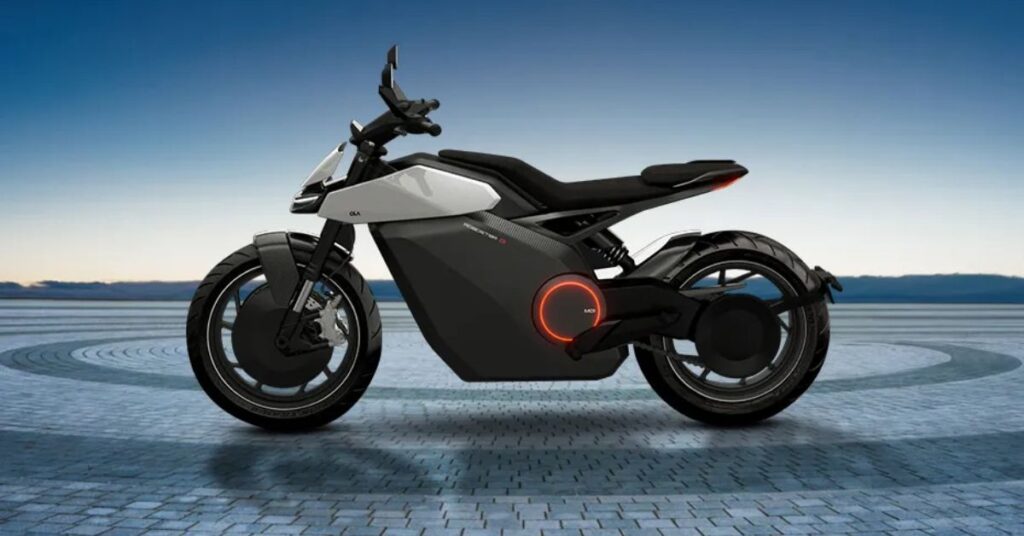The future of diesel cars in India appears increasingly uncertain as Union Minister for Road Transport and Highways, Nitin Gadkari, hinted at a significant policy shift. He announced his intention to propose an additional 10 percent GST (Goods and Services Tax) on diesel engine vehicles, a move that could exacerbate the existing challenges faced by the diesel car market in India.
Gadkari’s statement comes amid the Indian government’s vigorous efforts to promote greener and cleaner mobility solutions. These efforts encompass initiatives such as advocating for alternative fuels and powertrain technologies, including biofuels like ethanol-blended petrol, as well as hybrid and all-electric powertrains for future vehicles.
The rationale behind this proposed tax increase on diesel vehicles stems from the dwindling popularity of diesel engines in India. According to Gadkari, the share of diesel engines in the Indian vehicle fleet has plummeted from 63 percent in 2014 to a mere 18 percent in 2023. He cited concerns about diesel’s environmental impact and India’s significant reliance on diesel imports as driving factors for this policy shift.
Gadkari’s message to the automotive industry was clear: stop producing diesel cars voluntarily, or face increasingly punitive taxes. He emphasized the need for the industry to prioritize eco-friendly alternative fuels like ethanol and explore clean options such as green hydrogen.
Currently, automobiles in India are subjected to a 28 percent GST, with an additional cess ranging from one to 22 percent based on the vehicle type. SUVs attract the highest GST rate of 28 percent, coupled with a hefty 22 percent compensation cess. This means that diesel SUVs are already burdened with a total tax incidence of 50 percent. An additional 10 percent tax would raise this burden to a staggering 60 percent, rendering diesel SUVs considerably more expensive compared to their current pricing.
The high cost of diesel, coupled with the already substantial upfront expenses for diesel cars relative to their petrol counterparts, has contributed to a decline in the sales of diesel-engine vehicles in India in recent years. Major players in the Indian passenger vehicle market, such as Maruti Suzuki and Honda, have responded to this trend by ceasing the production of diesel cars entirely.
Several factors have contributed to the anti-diesel sentiment among Indian consumers, including the previous diesel ban in Delhi-NCR, shorter lifespans of diesel cars compared to petrol counterparts, and heightened awareness of the greater pollutant emissions associated with diesel vehicles.
With these challenges already impacting the diesel car market, the proposed additional 10 percent tax on diesel engine vehicles is poised to further dampen sales and potentially mark the end of an era for diesel cars in India.
Read More:




